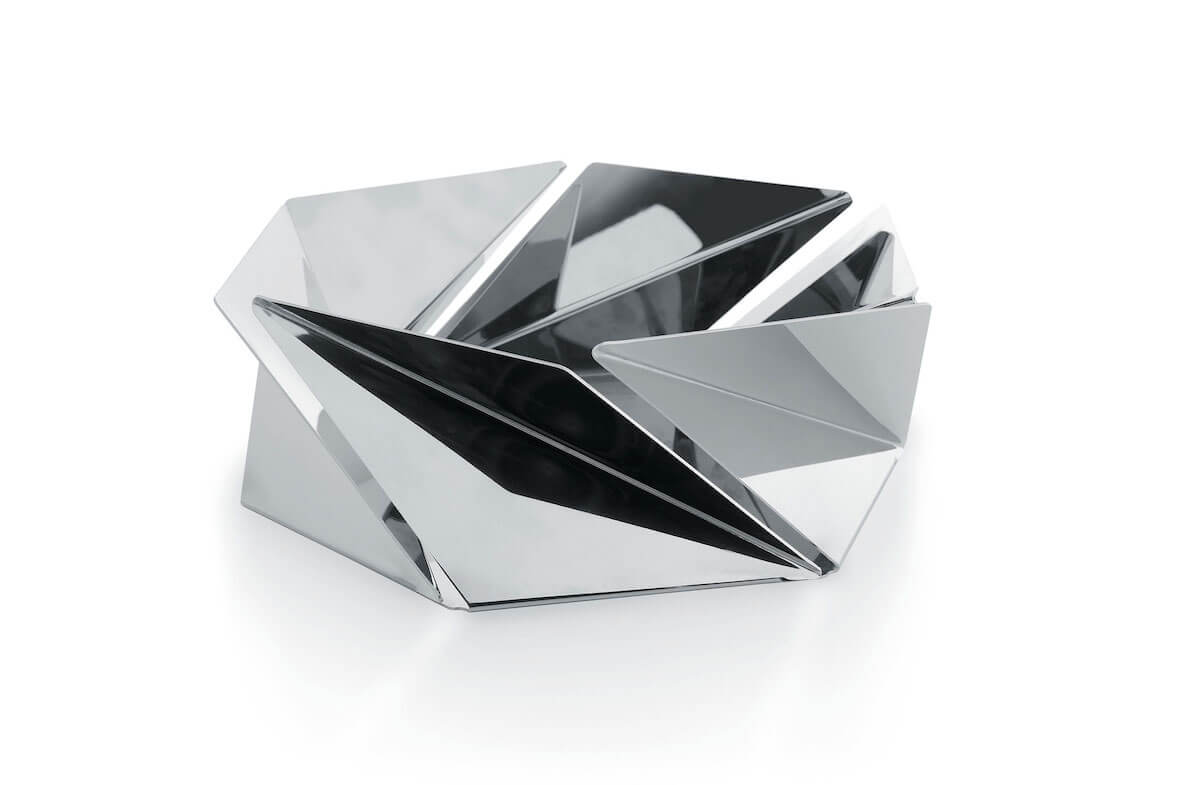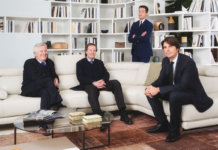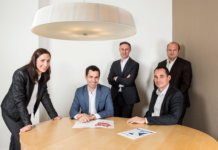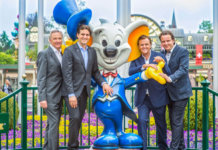Interview with Matteo Alessi, CCO Europe & North America, Alessi Spa., Italy
The Alessi family has been in the business of innovation for nearly a hundred years. Founded by Giovanni Alessi in 1921 as a cold-working metal manufacturer of household products, the company has never left family hands. In the 1950s Alessi shifted from hand-manufacturing to mass production, replacing soft metals with stainless steel. The workshop designed all its products in-house until the 1970s when it began collaborating with famous artists and designers from around the world. The family business redefined the relationship between consumers and their products, taking it beyond one of mere functionality. Priding itself on being a “dream factory,” Alessi continues to produce innovative products and to collaborate with famous designers towards global recognition.
Tharawat Magazine spoke to fourth generation member and current CCO Europe & North America, Matteo Alessi, about the company’s values, its latest innovations and the best pace for change.
When did you join the family business?
I joined in January 2005 after working outside the company for two years, an actual condition to join. Our family charter states that in order to be part of the family business we must have a master’s degree, speak a second language and have two years of external experience. When we turn eighteen we have to sign the charter as a promise that we’ll adhere to the rules. When we have met these requirements, we can submit our candidature to join the company.
My first role with Alessi took me to London where I was put in charge of our UK market. I loved the job from the very beginning. My family never forced me to join. I always had a sense of pride associated with our business and what the generations of our family achieved. This legacy still drives my passion. I also want to leave my mark.
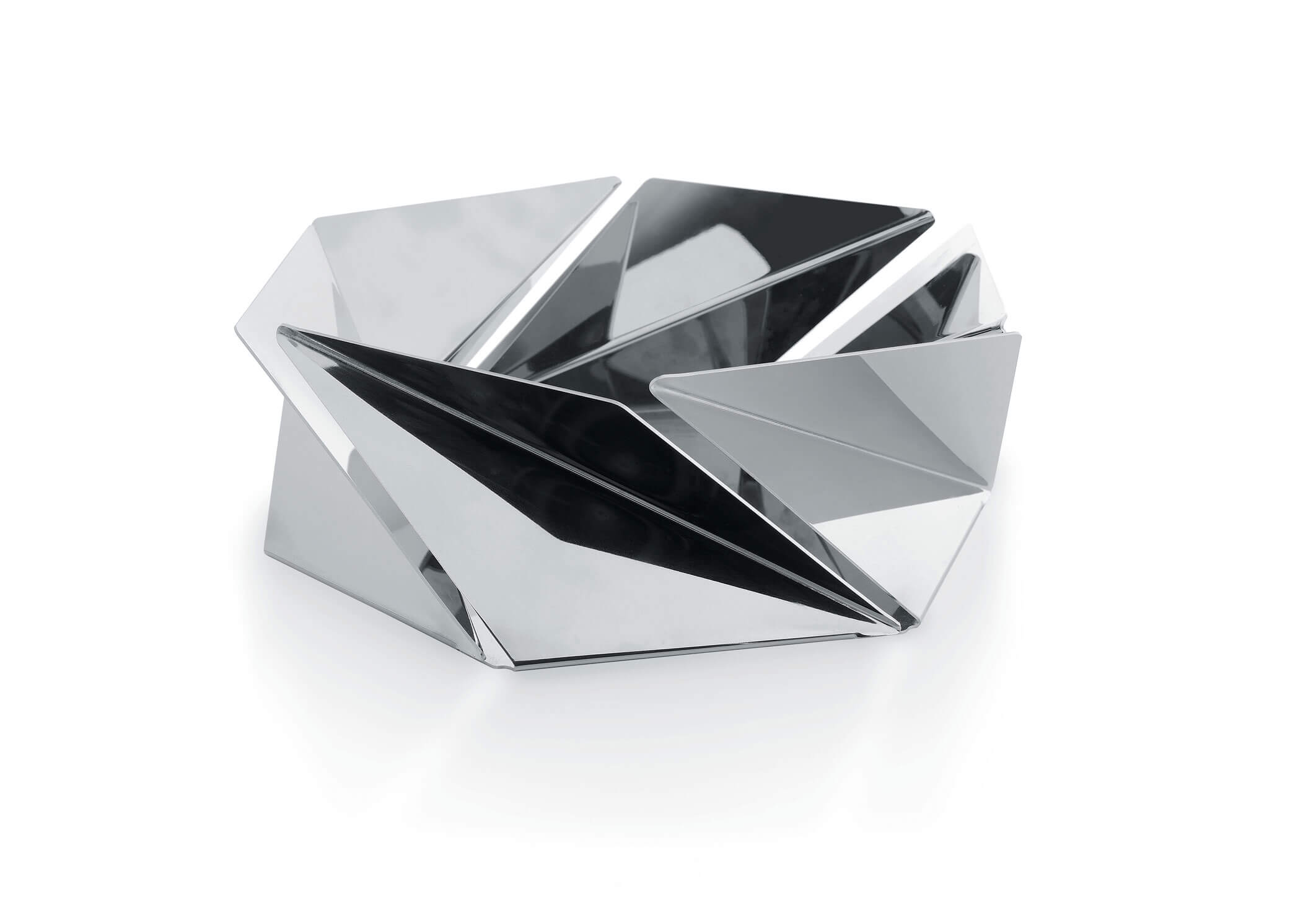
What has been your main contribution to the business?
Many of the suggestions I have made are still being implemented. My main focus until now has been on changing the way we interact with consumers who today require a different retail experience than they did during my father’s time. I make sure that we remain relevant in how we bring our product to the market. Of course, this means trying to change some pretty long-established systems. When I initially brought the ideas of e-commerce and digitalisation to the table, there was some resistance. It was one of those moments where I was considered the young nephew rather than the CCO of the company. In the end, the family was really great and supportive.
Digitalisation and e-commerce are perfect tools to achieve our mission because they are relevant to our overall strategy. We try to mediate between the world of creative arts and the market. Each of our products is so carefully crafted and has such a unique story and character that it would be nearly impossible for in-shop sales people to retain all the necessary information. The e-commerce portal allows us to provide even more content and information, to tell consumers the real stories and philosophies behind our products.
All our new ideas help us better carve out our path. You have to manage the pace of change. It is a matter of building up the right momentum. If you go too fast people can’t adapt, let alone follow. You must create a movement that eventually makes a difference.
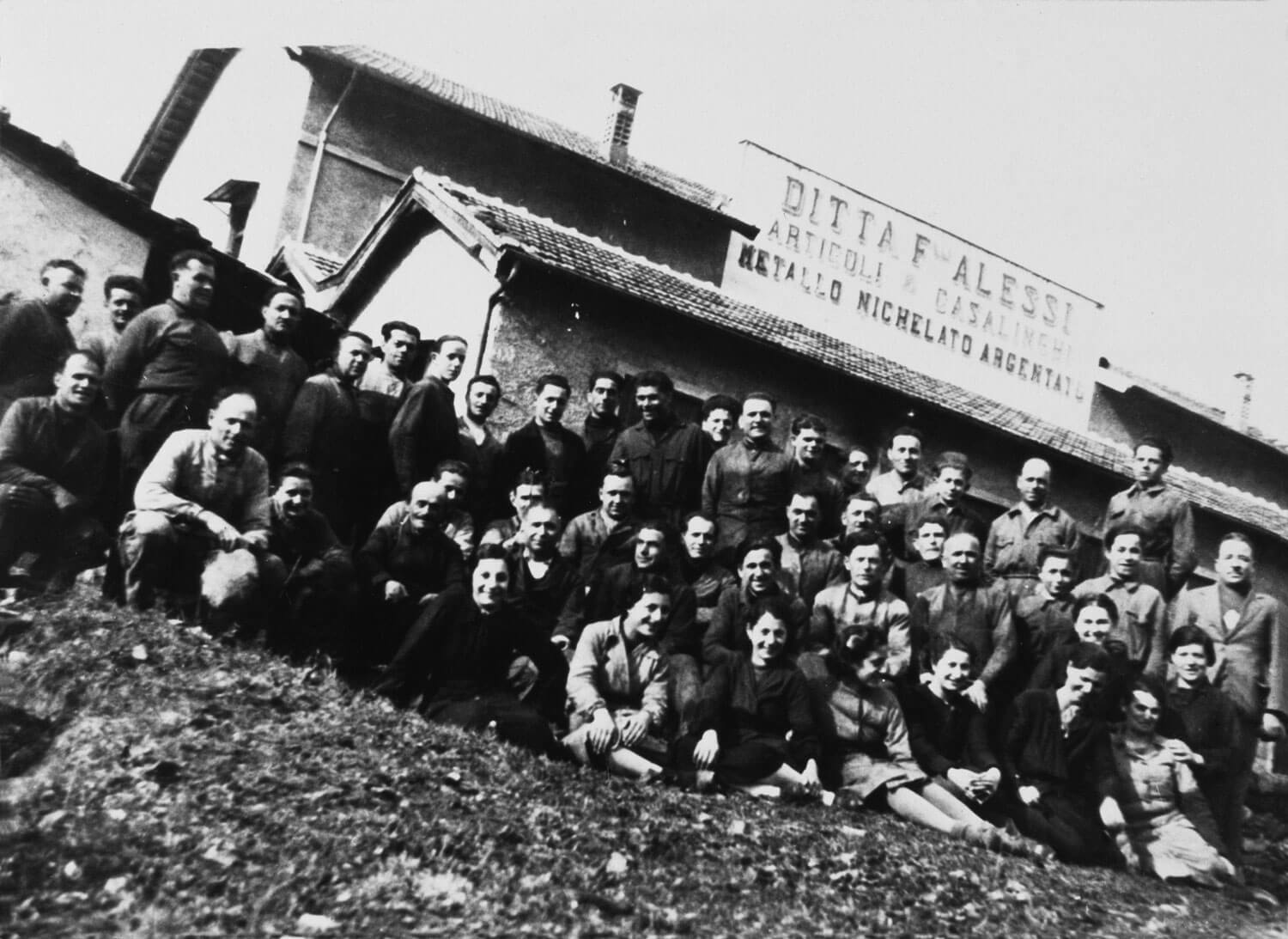
How do you maintain core values and traditions when your family business is constantly innovating?
Our core values are timeless. They are not related to a certain moment in history. We pay attention to our people and respect our partners and customers. They are so strongly ingrained in our company culture that they do not require much of an effort to maintain. Our values are not only lived by our family, but by everyone working with us. Employees that have been with us for multiple generations share the same sense of pride in Alessi and its history. They are part of the company’s soul. Everyone is strongly committed and involved in making the company grow, which is why it is easy for us to transition from innovation to innovation.
What has the market feedback been like to your e-commerce and digitalisation efforts?
Very positive so far! Last year we launched a project called Alessi Encyclopaedia. We combined the advantages of online sales with the advantages of the offline sales experience. The Encyclopaedia took the shape of an application that we offered to our retailers. Consumers can interact physically with the products in the store and at the same time enjoy more information through the app. They can also browse the wider Alessi portfolio. A lot of retailers were extremely positive about how it improved client interactions. They felt more knowledgeable and able to help consumers make decisions. The app has since been widely adopted. It has really allowed us to mediate ideas from one world to the next.
[ms-protect-content id=”4069,4129″]
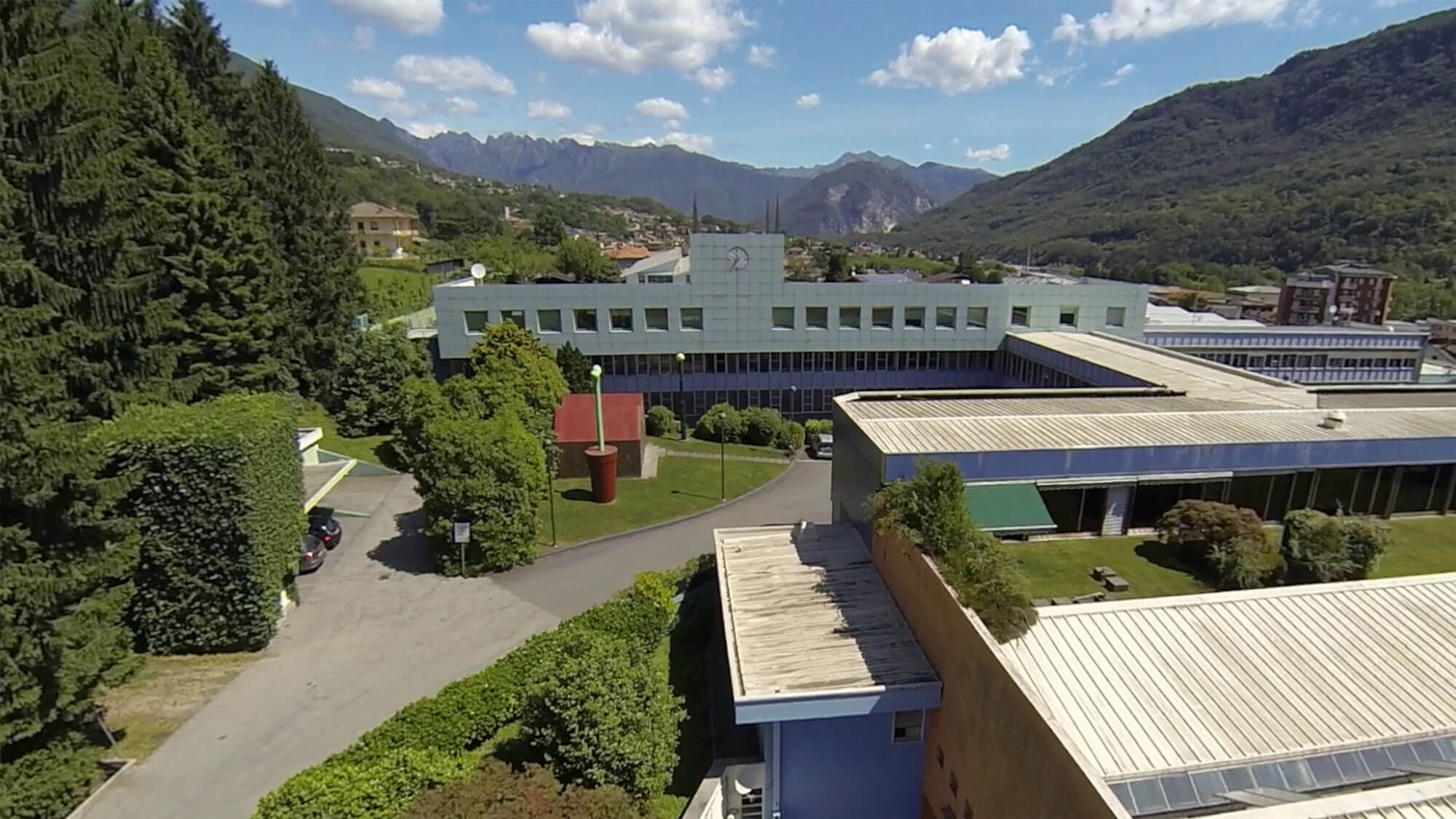
Is it nature or nurture that has allowed your family to continuously innovate for four generations?
I believe in nurture versus nature. People can work on acquiring skills that allow them to be creative and productive. I also believe that there is certain talent that you can’t acquire through practice. For example, the level of skill my uncle Alberto has in design – I don’t think you can learn that. He is exceptional in that respect. If you look at Italy as a country, I would say that the average person has higher predisposition to aesthetics. Italian art and design has been globally recognised for centuries. I believe that makes for an automatic education. We are surrounded by so much beauty.
Is family ownership an advantage?
There are many positive things about being a family business. Today, entrepreneurs have created some of the highest valued companies in the world. Old companies, like family businesses, might have issues adapting to short-term change, which is about maximising shareholder value. But families invest in the medium- and long-term. They think beyond this specific point in time.
Alessi is very much based on core values and our approach is very design oriented. We want to offer customers products they don’t know they need yet. We want to satisfy their dreams! As a family we can afford a long-term approach that allows us to create an innovative environment – a dream factory!
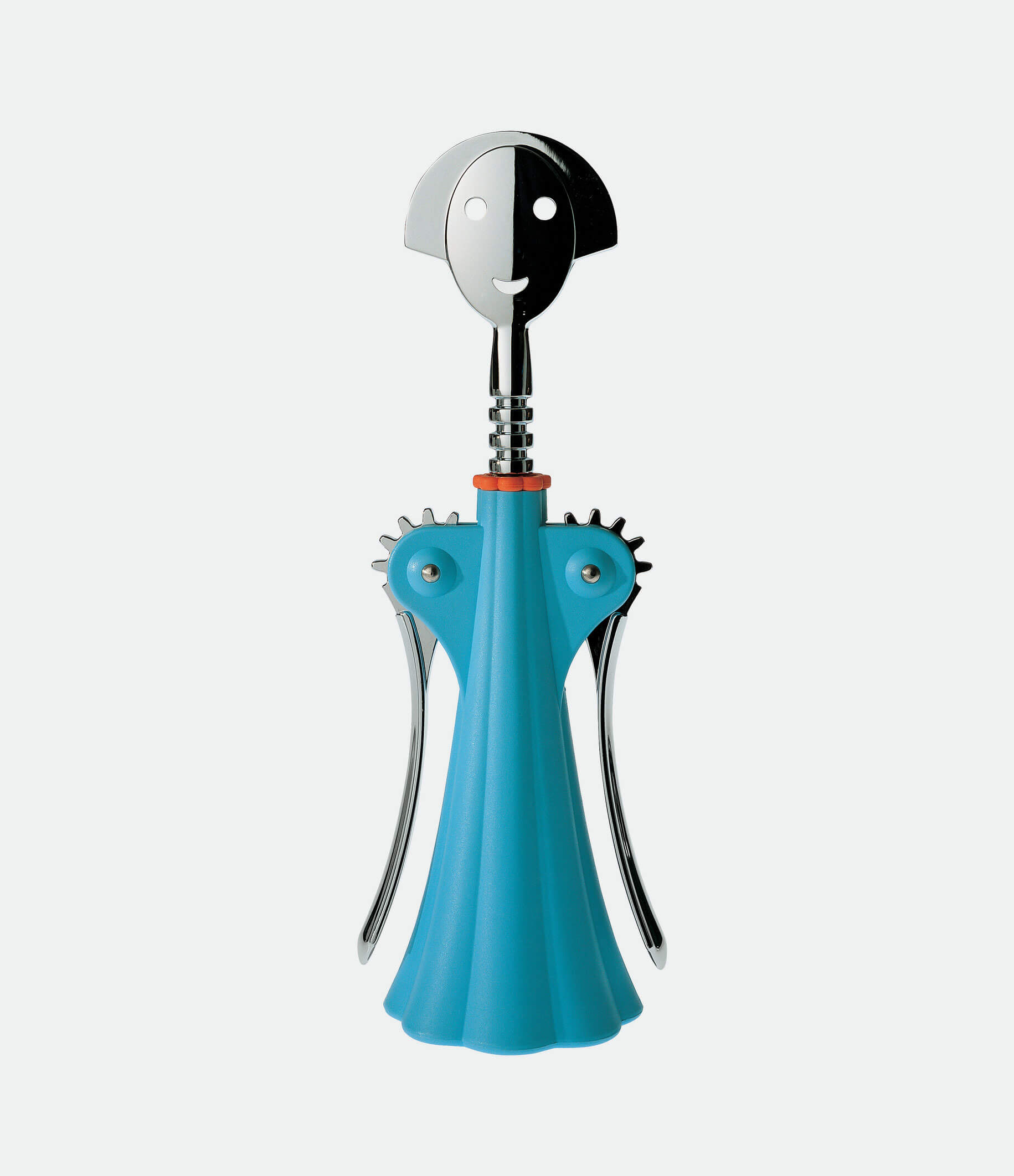
What are the current industry trends? What changes do you foresee?
We see many things changing. It is mostly about digitalisation and how to communicate with a market that has changed entirely over the past few years. Consumers want to be dealt with differently, they want to sort of co-create the products. Companies have to adapt to this. We have to learn how to interact with the end consumer through mainly digital tools. Trends like 3-D printing are emerging. I don’t think it will ever entirely substitute factory-made products in terms of finishing, but it offers opportunities. The production cost, however, is still much higher than manufacturing. We don’t want to end up like Kodak or Blockbuster, which is why we keep an eye out on these developments. Never wait for someone else to disrupt the market!
Tharawat Magazine, Issue 29, 2016
[/ms-protect-content]


